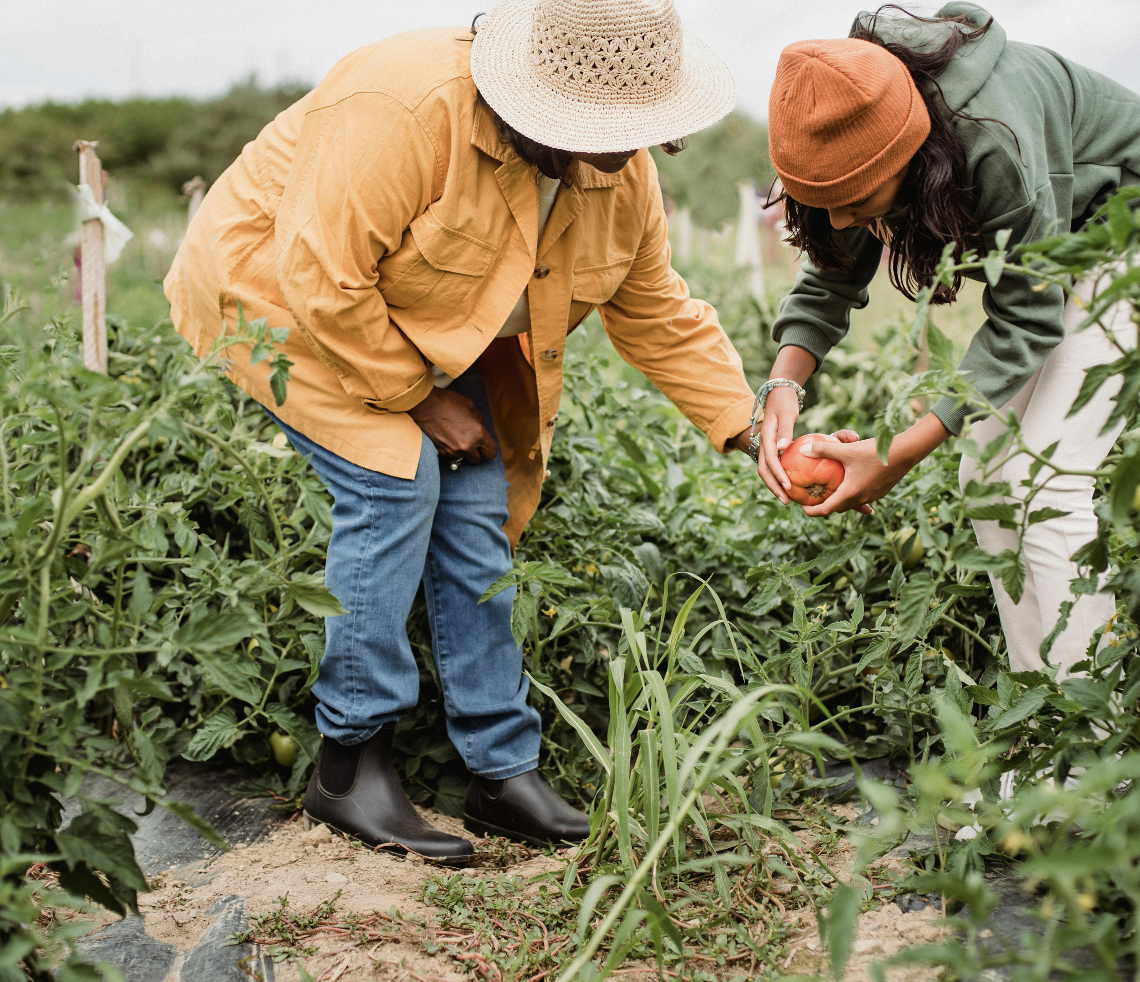We just put out a new paper focusing on a classic and challenging set of questions in community ecology. The first question is about predicting: how a community’s composition changes over time (an outcome), with or without an intervention (an action); the second question is about prioritizing: how to identify the particular action that should be taken to best achieve a certain outcome. These questions are the foundation of many specific questions in global change ecology, applied ecology, and infectious disease ecology. Mechanistic approaches (e.g. fitting a model like a Lotka-Volterra) have typically been used to address them, but recently a few people (like Dan Maynard and Ophelia Venturelli) have been asking whether mechanism-free approaches, i.e. machine learning approaches, could also be useful.
This paper is our contribution to this area, showing that a fully ‘black box’ approach where we only pair initial condition with outcome data, is sufficient to make substantial progress on both prediction and prioritization problems. We call it LOVE (learning outcomes via experiments). In particular we show that one can carry out a random set of <100 actions in a system, and use those paired data to predict with <5% error and prioritize with >50% true negative/positive rate – far better than random guessing in both cases.
The work opens up the possibility that some of the combinatorial and ecology complexity of community ecology may actually be tractable to relatively simple low-dimensional approximations, and suggests that some real prioritization problems (e.g. in restoration ecology) may be solvable using approaches like this one.
The paper is out in Ecology Letters (open access) and the code base plus 10 demonstration datasets spanning a range of taxonomic levels is available on github. I’m very excited about this work and hope you’ll give it a read!


